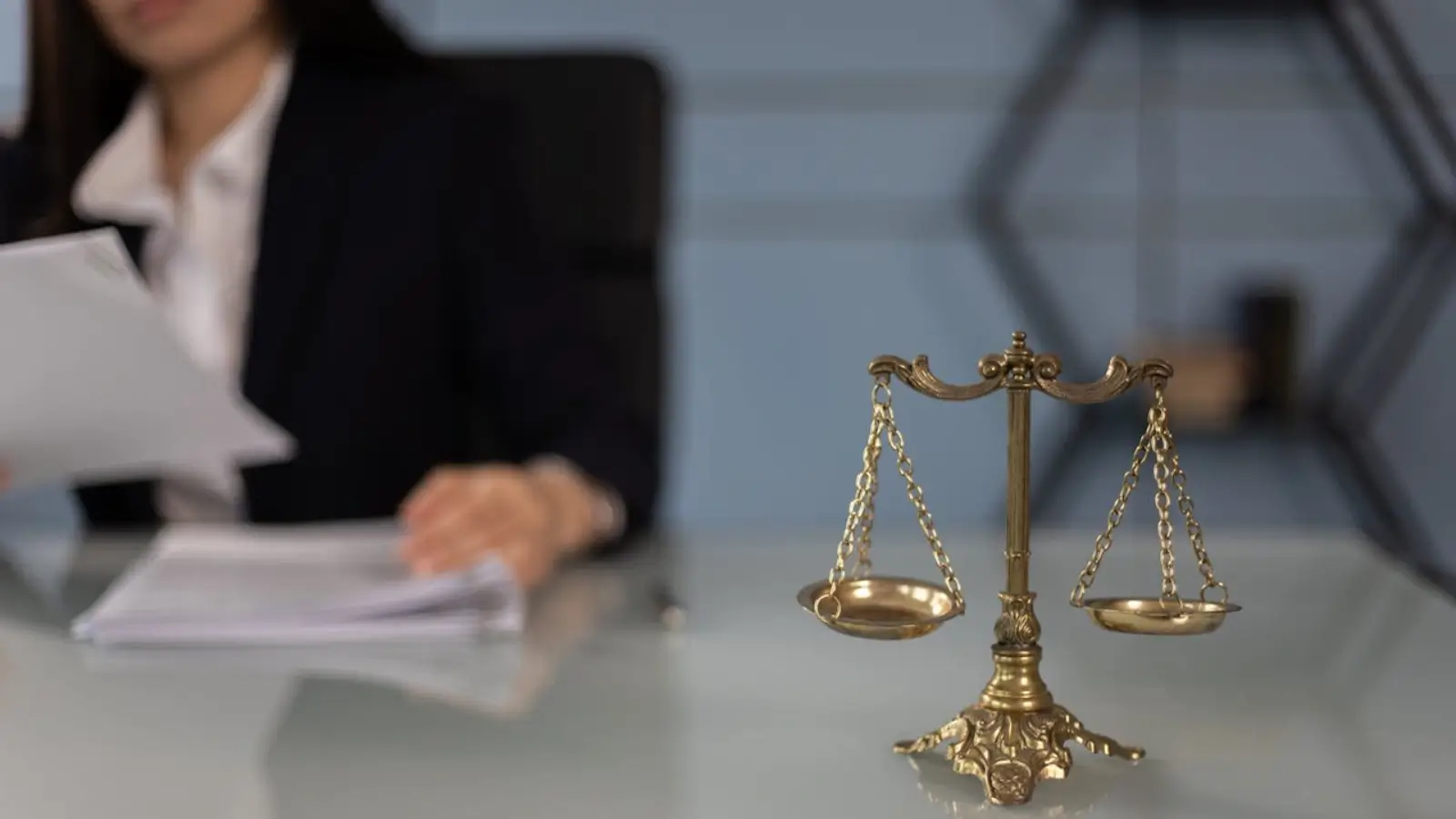Dealing with a car accident in the Sunshine State works differently than the rest of the country.
No one expects to get in a car accident, but it happens more often than many anticipate. Let's peel back the layers regarding how it affects Florida residents.
Understanding No-Fault Car Insurance in Florida
The biggest difference is that your insurance company pays the bill regardless of whose fault it was. There is no finger-pointing here, and that's why this system is called "no-fault insurance."
It is a little different from comparative fault or pure comparative fault states, where the at-fault party(or their insurance) has to pay for all damages.
Florida's system is also known to speed up the claims process, wasting no time trying to determine who was liable. The tradeoff? It's not easy to sue for pain and suffering unless your injuries are serious.
Delving Into Florida's Insurance Minimum Requirements
There are a couple of insurance essentials you should read up on if you are cruising around Florida. The first one is the requirement for personal injury protection (PIP) which needs to be at least $10,000.
Also, your PDL coverage should be set at a minimum of $10,000. That means this will cover the costs if you crash into someone else's vehicle.
Understanding PIP Coverage Limits
Your PIP insurance can pay up to 80 percent of medical bills and up to 60 percent of lost wages if you get into an accident in the state of Florida, up to $10,000. If your expenses exceed that limit, you will have to pay the bill.
In the event of a serious accident, such as a wrongful death, basic PIP probably wouldn't cover it all. It is then that families may have to go after, through litigation, whoever was at fault to capture more compensation. This is also applicable when checking if the standard no-fault coverage does the job, or whether it is in someone's best interest to bump it up.
Upping the Ante on Basic PIP
"The minimum PIP coverage in Florida provides only a safety net. Scaling up one's insurance package can help one avoid unpredictable and high costs that are unwarranted," says CEO Yankie Markowitz of the Business Funding Group.
Adding to this list is the Bodily Injury Liability (BIL), which can cover any injuries one inflicts on others if they are at fault in a serious accident. This becomes very important in terms of protecting personal assets against lawsuits.
Besides, Uninsured Motorist coverage fills the gap when the other driver does not have enough insurance. Full comprehensive insurance is advisable to protect your vehicle from non-collision incidents such as theft or natural calamities. Each of these other coverages brings peace of mind beyond the baseline $10,000 limit afforded by standard PIP.
Filing Claims
Dealing with PIP claims seems so straightforward that you may feel that you do not need a lawyer. Unfortunately, insurance companies are not simply throwing money at people, so they often try to limit how much they pay out.
In these cases, it is priceless to have an attorney who's sharp as a tack and knows how to act in these situations. A skillful attorney should know just how to fight for your rights.
Additionally, by inquiring about their negotiation style regarding insurers, you should know how suitable they are to handle your case.
Consider ramping up your Personal Injury Protection. It's not just about keeping yourself in good health, but also about protecting your wallet.

















